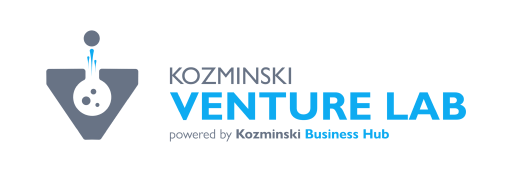Author: Martyna
Imagine a car factory. Finished parts roll off its production lines and cars are constructed out of them. They are all identical as the company launches one particular vehicle model. We also have a factory, but it works a bit differently.
In Venture Lab we create start-ups. Each of them is special as it is created based on a unique idea of its owner. We collect these ideas and then recruit teams to develop and implement them. We look for talented people with developed competences and first experience in building start-ups. We bring them together in teams and give them the tools to implement their ideas. In this way, thanks to effective teams, independent start-ups come out from our factory.

The activity of a venture builder, that is a company that engages in building new enterprises, is usually divided into several stages:
01
Creating business ideas
02
Testing of projects on the market
03
Recruitment of talents to create teams
04
Product development, starting with an MVP
05
Support in entering the market
06
Finding an external investor for a new startup
How do we create teams?
We assume two strategies for team formation
First, we form the team, and then we choose and adapt the topic and type of project to the already formed team.
First, we choose the topic and type of project, and only then we form the team that will carry out the project.
Which strategy to pick?
Both strategies can be effective in certain situations. However, based on our observations, we recommend the first strategy as more secure and effective. By first taking care of the selection of people for the team and building relationships between its members, you can prevent later problems with cooperation and communication while working on the project. It happened that some teams were formed ad hoc and under time pressure, which did not always translate into effectiveness of their project work. It is good for the participants to think about who they would like to work with when they meet during the recruitment process. It is worth actively looking for contacts and collecting information about other participants, both in terms of their interests and professional experience, as well as psychological predispositions: openness to cooperation, proactivity, constructive speech.
See more






